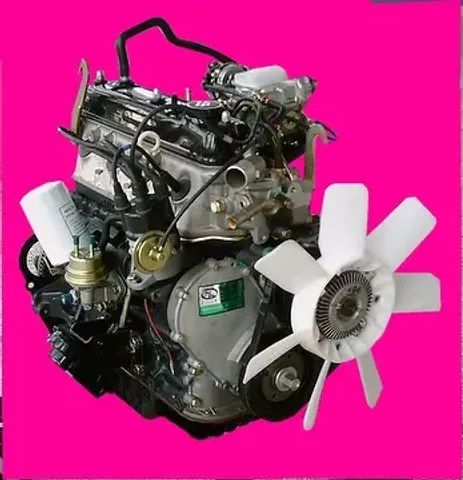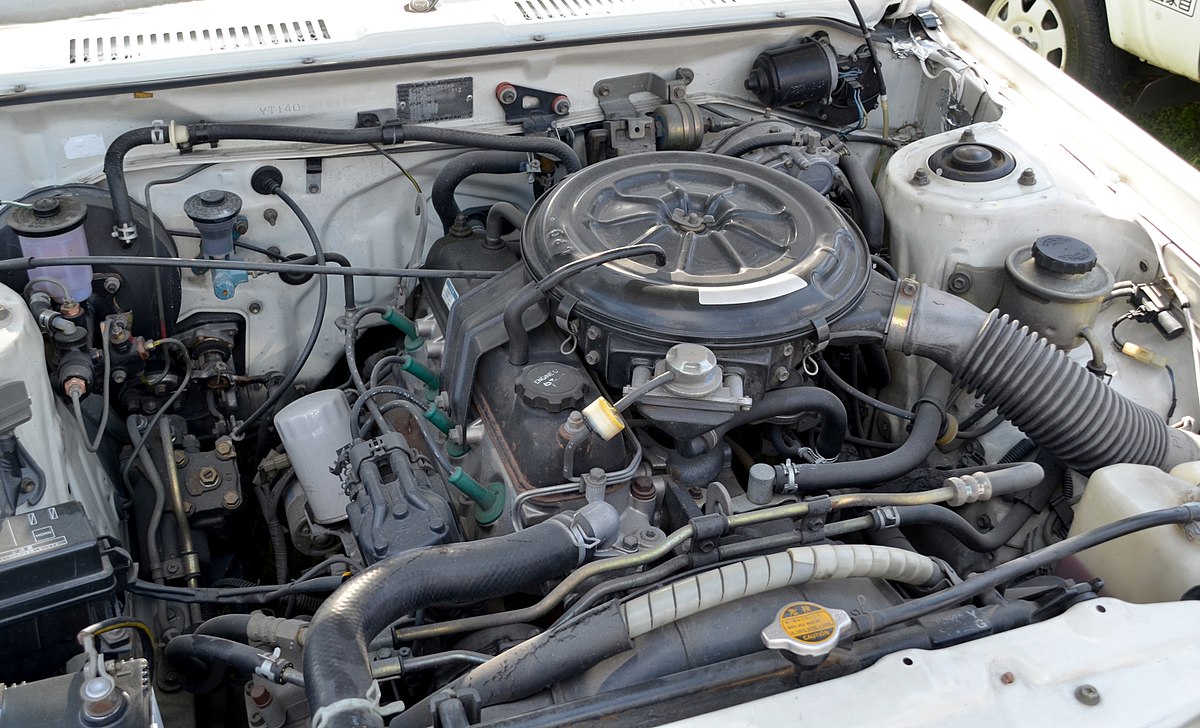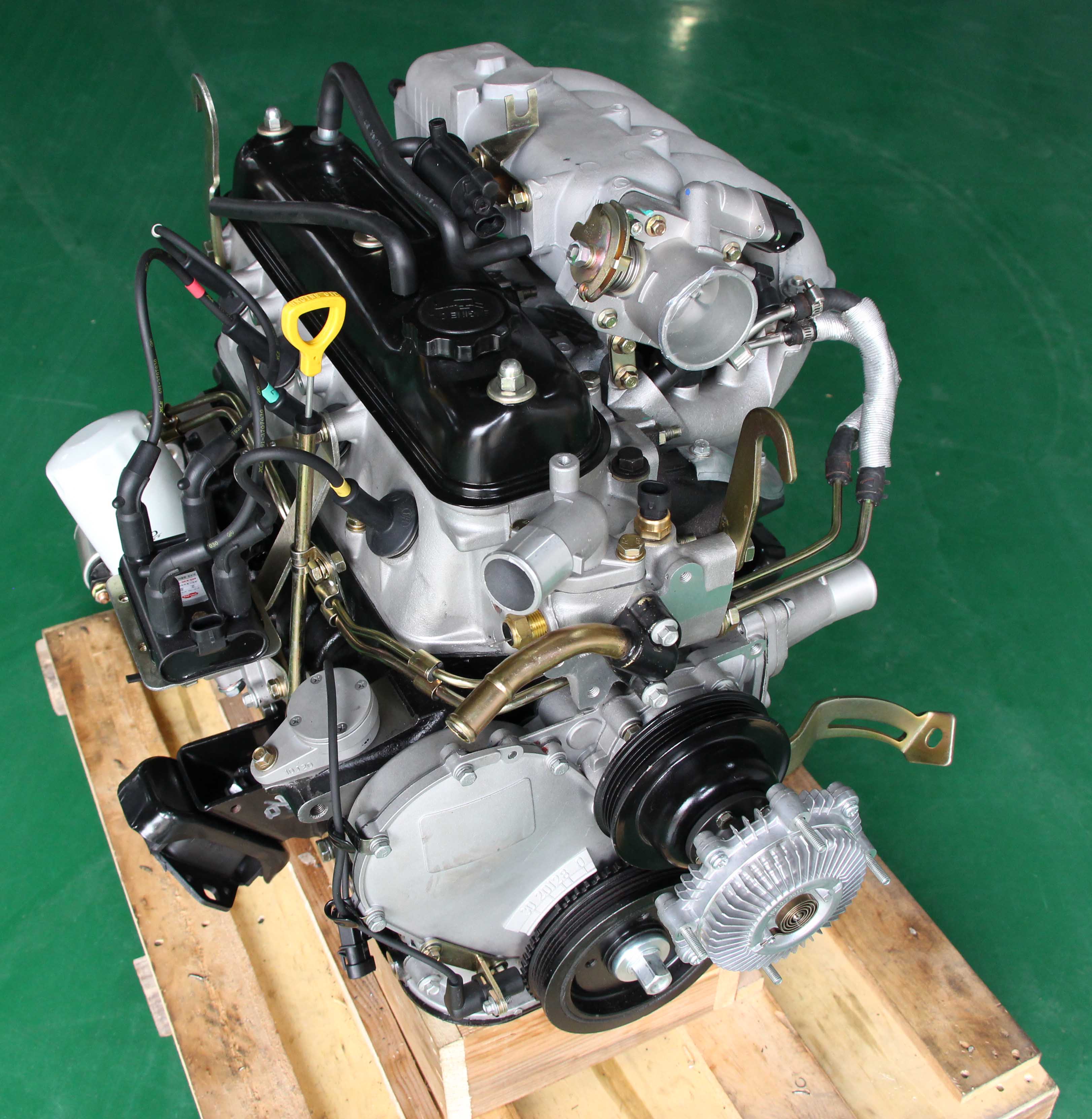Exploring the Different Sorts Of Engine: Which One Fits Your Demands?
In the quest to establish one of the most ideal engine kind for your particular requirements, it is important to examine the unique qualities and advantages of each choice readily available. Internal burning engines remain to dominate due to their reliability, while electrical engines are acquiring traction for their sustainability. Hybrid engines use a flexible concession, and diesel motor attract attention for their power popular applications. Furthermore, alternate gas engines existing ingenious solutions, albeit with specific restrictions. Recognizing your top priorities will certainly contribute in this decision-making process, resulting in an exploration of elements that might affect your option.

Internal Burning Engines
Inner combustion engines (ICEs) are the foundation of modern-day transport, powering a huge selection of cars from vehicles to planes. These engines operate on the principle of converting fuel right into power via a series of regulated surges within a burning chamber. The most common kinds of ICEs consist of gas engines, diesel engines, and rotating engines, each designed to satisfy particular efficiency and performance requirements.
Gasoline engines usually make use of spark ignition, while diesel engines depend on compression ignition, leading to distinctive differences in fuel performance and power outcome (4y engine). Rotary engines, or Wankel engines, offer a portable layout and smooth operation, but are much less typically used in mainstream applications
ICEs have gone through considerable advancements in innovation, including the introduction of turbocharging and gas injection systems, which improve overall performance and efficiency. In spite of their performance improvements, ICEs encounter raising analysis due to their environmental effect, particularly concerning greenhouse gas exhausts.
Electric Engines
As problems regarding ecological sustainability and fossil fuel reliance expand, electrical engines have actually become an engaging option to internal combustion engines. These engines make use of electric motors powered by batteries or fuel cells, giving a cleaner and much more reliable means of propulsion.
One of the key benefits of electrical engines is their minimized emissions. Unlike conventional engines that shed fossil gas, electrical engines generate zero tailpipe exhausts, substantially reducing air pollution and adding to boosted public wellness. Additionally, the effectiveness of electric motors often exceeds that of interior combustion engines, transforming a greater percentage of energy from the source of power into usable power for activity.
Electric engines are additionally notable for their silent operation, making them suitable for city atmospheres. 4y engine. The simplicity of their style leads to fewer moving parts, which can bring about decreased maintenance costs and raised reliability with time
However, challenges stay, including battery production influences, billing facilities, and range restrictions. Despite these obstacles, the expanding financial investment in electric automobile innovation and renewable resource sources factors towards a promising future for electric engines, placed to play a vital duty in the shift toward lasting transport.
Hybrid Engines
Blending the advantages of both standard and electric internal burning engines, hybrid engines stand for a versatile remedy in the mission for effective and lasting transportation. These engines integrate a gasoline or visit our website diesel motor with an electric motor, enabling improved gas efficiency and lowered discharges compared to traditional cars.
Hybrid engines operate in several modes, utilizing the electrical motor for low-speed driving and the internal combustion engine for greater speeds or when more power is required. This vibrant operation not only enhances gas economic situation but also adds to a smoother driving experience. Regenerative stopping is an additional vital feature, capturing power typically lost throughout stopping and redirecting it to browse this site recharge the battery.

As consumers significantly focus on eco-friendliness, crossbreed engines stick out as a useful option, offering an efficient balance of efficiency, efficiency, and ecological responsibility. This flexibility makes them ideal for metropolitan travelling and long-distance travel alike.
Diesel Engines
Effectiveness and power are hallmarks of diesel engines, which have long been favored for their toughness and gas economic climate. These engines operate on the principle of compression ignition, where air is compressed to a high temperature level before fuel is injected, igniting it without the need for stimulate plugs. This process enables diesel motor to accomplish greater thermal efficiency contrasted to gas engines, translating right into much better gas gas mileage and reduced co2 emissions.
Diesel motor are especially appropriate for heavy-duty applications such as vehicles, buses, and commercial equipment, where torque and sturdiness are extremely important. Their style normally consists of more powerful elements to endure the higher pressures created during procedure, causing longer service life and lowered upkeep expenses.

Alternative Fuel Engines
While diesel engines have lengthy controlled the landscape of durable source of power, alternate gas engines are gaining traction as sensible alternatives for an extra sustainable future. These engines use a variety of gas, such as compressed gas (CNG), ethanol, hydrogen, and propane, aiming to minimize greenhouse gas exhausts and dependence on fossil fuels.
One significant benefit of different gas engines is their prospective to reduced carbon impacts. CNG engines produce fewer toxins contrasted to conventional diesel engines, making them suitable for metropolitan transit systems and fleets seeking to enhance air high quality. Ethanol, originated from biomass, not just lowers exhausts however likewise supports farming economic climates.
Hydrogen fuel cells represent an advanced growth in this realm, offering zero-emission power via a chain reaction between hydrogen and oxygen. Obstacles such as facilities growth and manufacturing expenses continue to be obstacles to widespread adoption.
Final Thought
Internal combustion engines supply reliability, while electrical engines prioritize sustainability and lowered maintenance. Hybrid engines integrate the advantages of both, enhancing performance, whereas diesel engines supply superior power and torque for durable applications.
Crossbreed engines supply a versatile concession, and diesel engines stand out for their power in demanding applications. The most typical kinds of ICEs consist of gas engines, diesel engines, and rotating engines, each developed to fulfill particular efficiency and efficiency needs.
Unlike standard engines that shed fossil gas, electric engines create absolutely no tailpipe exhausts, considerably lowering air contamination and adding to improved public health and wellness.Crossbreed engines run in several modes, making use of the electrical motor for low-speed driving and the internal burning engine for greater speeds or when even more power is needed. Hybrid engines incorporate the benefits of both, boosting efficiency, whereas diesel engines supply premium power and torque for heavy-duty applications.